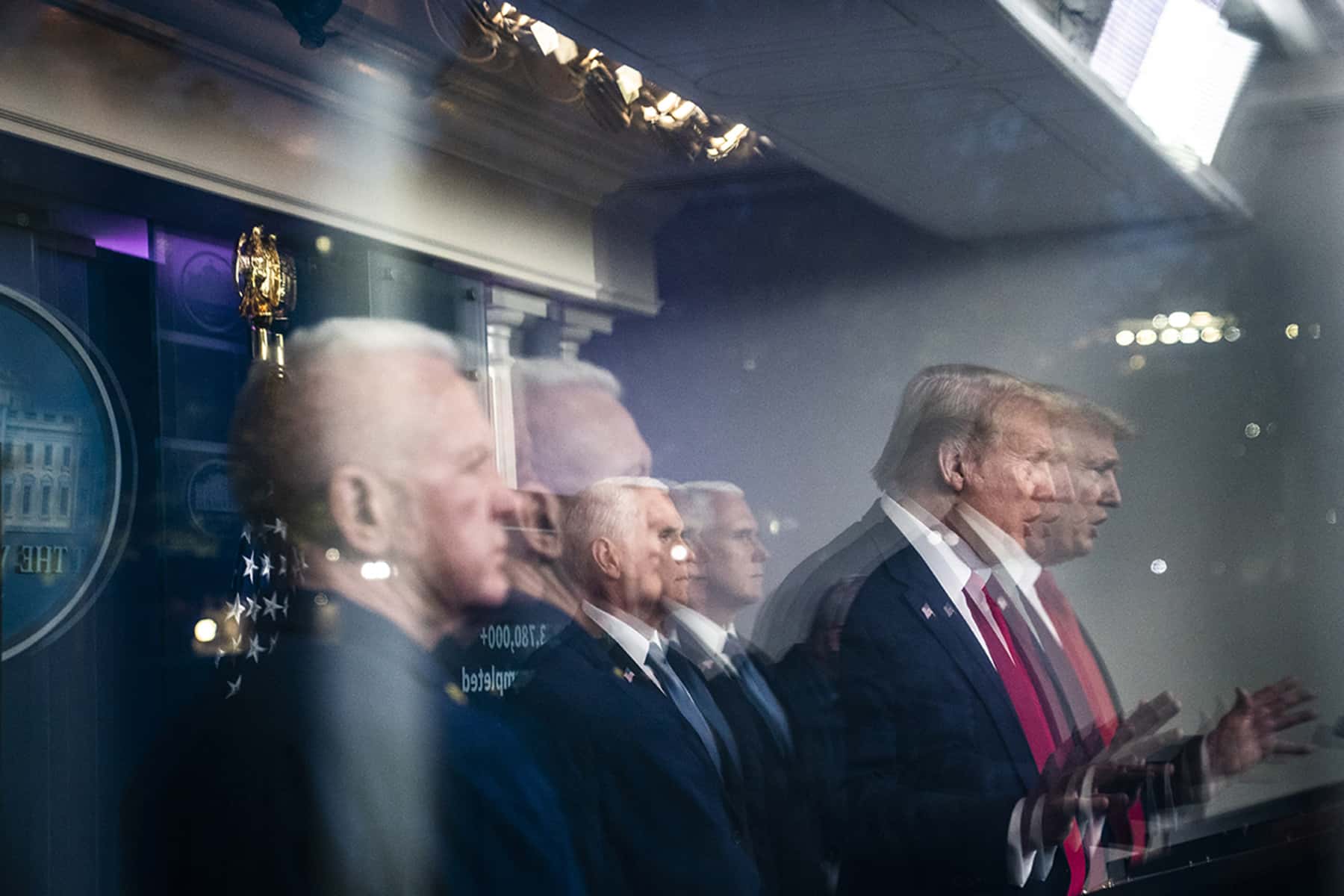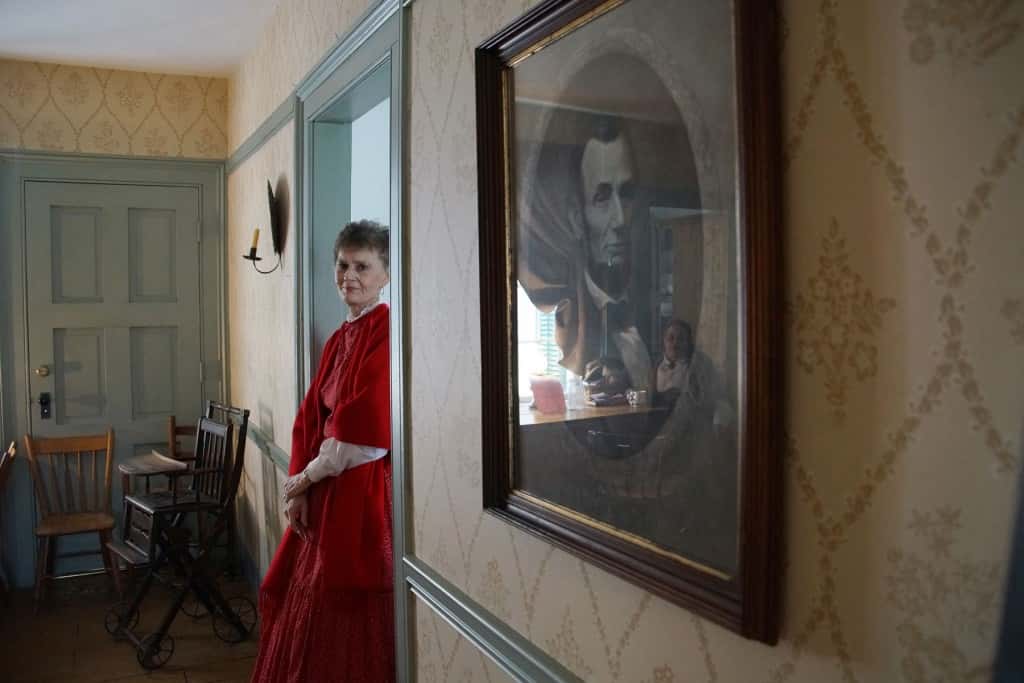
The World Health Organization recently declared that the world isn’t just fighting a pandemic, but also an “infodemic” as people search for trustworthy information to help protect themselves and their loved ones against the coronavirus.
But the truth is losing out, as lies proliferate about alleged cures and preventive measures. Much of the U.S. media system thrives on divisiveness, with TV and radio stations exploiting controversies for profit and failing to perform the essential media function of holding the powerful accountable.
Not least among this dereliction of duty is the uncritical broadcast of President Trump’s racist rhetoric and false information in his daily coronavirus news briefings. Comments by Trump and his surrogates are likely exacerbating anti-Asian sentiment and arguably fueling attacks on Asian Americans. His remarks are repeated and promoted by “quack doctors” on Fox News and talk-radio personalities who downplay the dangers of the virus.
Coronavirus disinformation and hate infect the entire media ecosystem, and then spread across the internet, with conspiracy theorists, white supremacists, and fraudsters exploiting fear and chaos to drive their agendas, recruit for their horrific causes, and make a buck.
The confusion and distrust sewn by that disinformation has led to people ignoring stay-at-home orders and to the death of an Arizona man who ingested chloroquine phosphate because he saw the president recommend the drug on TV.
We can have a media system that prioritizes accurate news, trustworthy information, and community interests. But first we must grapple with how our for-profit system makes hate and disinformation profitable, and we must invest in noncommercial alternatives.
The corporate U.S. media system incentivizes fear, hate, and disinformation on broadcast stations, cable-news networks, and online platforms such as Facebook, Twitter, and YouTube. On TV networks and radio stations, disinformation, and hate drive up ratings and advertising revenue.
Meanwhile, most online platforms make money by showing ads to users and by users’ engagement with those sites. These platforms benefit from the same salacious content that prompts people to click, comment, and interact with posts. Guess which kind of content typically drives engagement? You’ve got it: outrage, lies and racism.
When media companies amplify COVID-19 disinformation and hate, they don’t just contribute to the infodemic. They also create so much noise that they undermine the kind of journalism that’s designed to keep us informed.
To make matters worse, the financial crisis has accelerated the decade-plus trend of newsroom layoffs at a time when we need journalists most. Creative solutions to protect journalists through this crisis and build a better foundation for the future, like a journalism-stimulus package and a tax on online advertising to support nonprofit journalism, must be explored if the Fourth Estate is to survive.
Some media outlets are rejecting Trump’s disinformation. A Seattle public-radio station has declined to air Trump news conferences live because his deceptive statements “cannot be fact checked in real-time.” Employees at major cable-news networks are urging their bosses to do the same.
Networks that televise these lies without critiquing them are endangering the public. That’s the argument Free Press made when we filed an emergency petition asking the Federal Communications Commission to issue guidance on whether broadcasters’ intentional airing of misinformation violates the agency’s broadcast-hoax rule. The Trump-controlled FCC issued a swift and snarky rebuke, which means that it will do nothing about the false claims about COVID-19 circulating on the public airwaves.
Social media also has much to answer for. Online platforms’ historically lax content moderation has opened the door for hoaxers, white supremacists and right-wing extremists to prey on people seeking truthful information. Though they’re behind the curve, some platforms may be changing their approach.
In March, Twitter banned disinformation about COVID-19, and has since removed misleading posts from Rudy Giuliani and Fox News host Laura Ingraham. Will it finally heed the countless calls from the civil rights organizations that make up the Change the Terms coalition and ban the white supremacists who have turned into coronavirus hoaxers? Will it commit to ridding its platform of racist hate, even as its tolerance of such bigotry may have helped lay the groundwork for the rise of anti-Asian hate crimes?
Facebook has instituted a host of new policies in response to COVID-19, and even took down some violent racists’ pages in March. But how will it enforce these policies when its moderators must work from home and out of the facilities where this work is done? YouTube, meanwhile, has done little to clamp down on COVID-19-related disinformation and racism. And its existing policy against hate is poorly enforced—leaving users unprotected.
This crisis has laid bare how the economic incentives shaping our media system—which are deadly for people of color, women, LGBTQIA+ people and religious minorities in “ordinary” times—threaten the health and safety of all in the face of this deadly virus.
Companies must take responsibility for the disinformation and hate they air and host. That’s why an alliance of nonprofit groups, such as Change the Terms, has worked with internet companies to help ensure they don’t spread misinformation and hate about the coronavirus. The choices these companies make about what and who to amplify will define their legacies.
People deserve better than profit-driven responses to crises. We need to overhaul our media system and invest in trustworthy journalism. If this tragedy proves anything, it’s that the corporate media’s addiction to controversy and hate-for-profit will lead us to ruin and death again and again.
Gaurav Laroia and Jessica J. González
Jаbіn Bоtsfоrd
Originally published by YES! Magazine as How to Fight Coronavirus Misinformation














